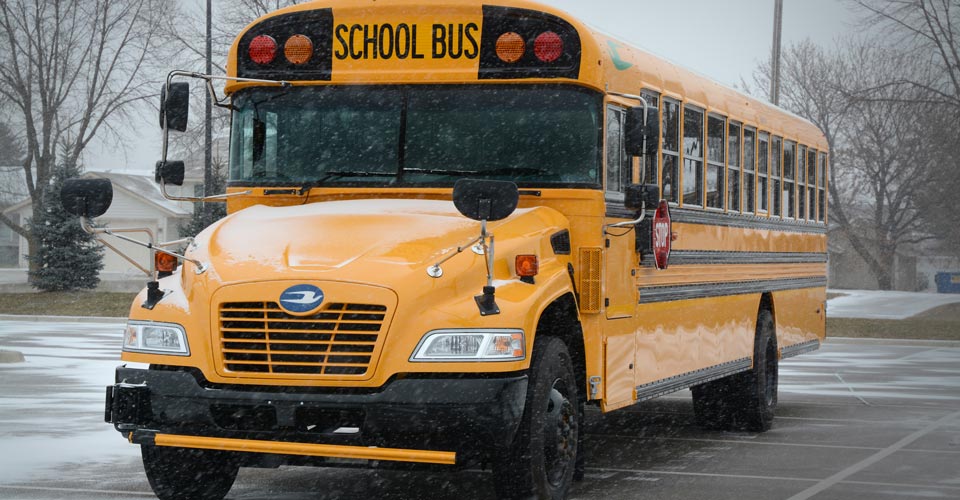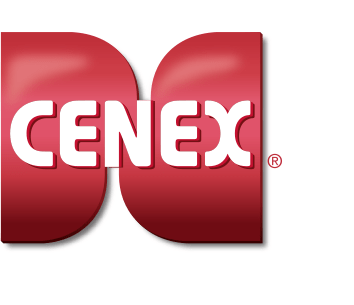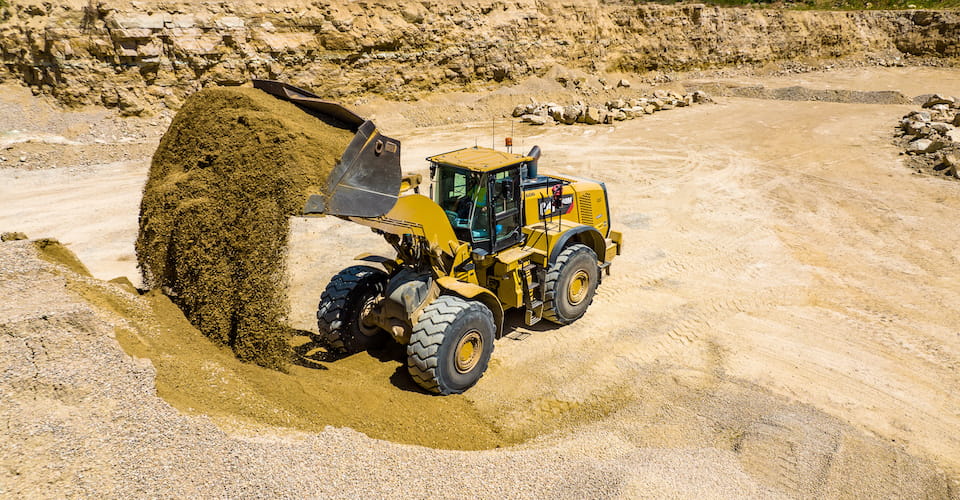
Budgets for schools are tight, and when a district is forced to make cuts, it’s often valuable resources like classroom supplies, extracurricular activities and even staff members.
But there are other ways schools can find savings without impacting the resources their students depend on. For example, the Omaha the public school district saved $200,000 in a single year all thanks to one change. How did they do it? By switching to propane-powered school buses.
What are propane-powered school buses?
Propane-powered school buses look just like traditional school buses, but rely on propane as a fuel source. Propane has been used in vehicles since the ’70s. The fuel is a clean-burning, nontoxic and produced largely in the United States.
Across the country, more than 18,000 propane school buses are on the road, and that number is growing. Approximately 930 school districts, private schools and bus contractors have made the switch to propane buses, safely transporting 1.2 million students each day.
How do these buses save money?
Propane offers the lowest cost of ownership available among school buses. For every propane bus purchased, the district saves an average of $2,000 annually, allowing it to redistribute that money to what matters most: students. Here’s how propane buses can help your local school district save.
- Fuel savings: Year after year, propane consistently costs less than diesel — up to 50 percent less, in fact. Considering the average school bus goes through 3,000 gallons of fuel a year, savings at the pump quickly add up.
- Reduced maintenance costs: Standard buses require a number of added expenses like filters, fuel conditioners and additional oil needed during oil changes. Propane engines, on the other hand, are both simpler and cleaner, which means they also cost less to maintain.
- Increased uptime: Even on the most frigid mornings, propane buses start easily. Because they have year-round reliability, propane buses reduce the risk of unexpected — and expensive — breakdowns.
Protecting your community
Propane is an alternative fuel that helps reduce emissions that are a contributor to smog. In fact, a study by West Virginia University said that distance-specific emissions measured from the diesel school buses were significantly higher than those measured from the propane autogas school bus. The study found that nitrogen oxide emissions were 34 times higher for a diesel school bus over a stop-and-go route and these emissions were reduced by 96 percent and carbon dioxide by 13 percent with the propane autogas bus. Plus, as a nontoxic fuel, propane poses no harm to groundwater, surface water or the soil.
Cenex helps schools save even more
For Cenex®, being Powered Locally® means our communities come first. And with a strong school system, the entire community benefits. Beyond the educational opportunities provided to students, thriving schools enhance quality of life for all residents through athletics, the arts and more.
To support the success of our schools, Cenex has introduced the CHS Propane School Bus Rebate Program, enabling districts to save even more when they switch to propane-powered buses. With these extra savings, schools can invest further in opportunities that ensure students have bright futures ahead.
Talk to your local school board about how your district can consider saving money by switching to propane-powered buses. You can contact ENERGYPROPANEMARKETING@CHSINC.COM to learn more about the CHS Propane School Bus Rebate Program.












